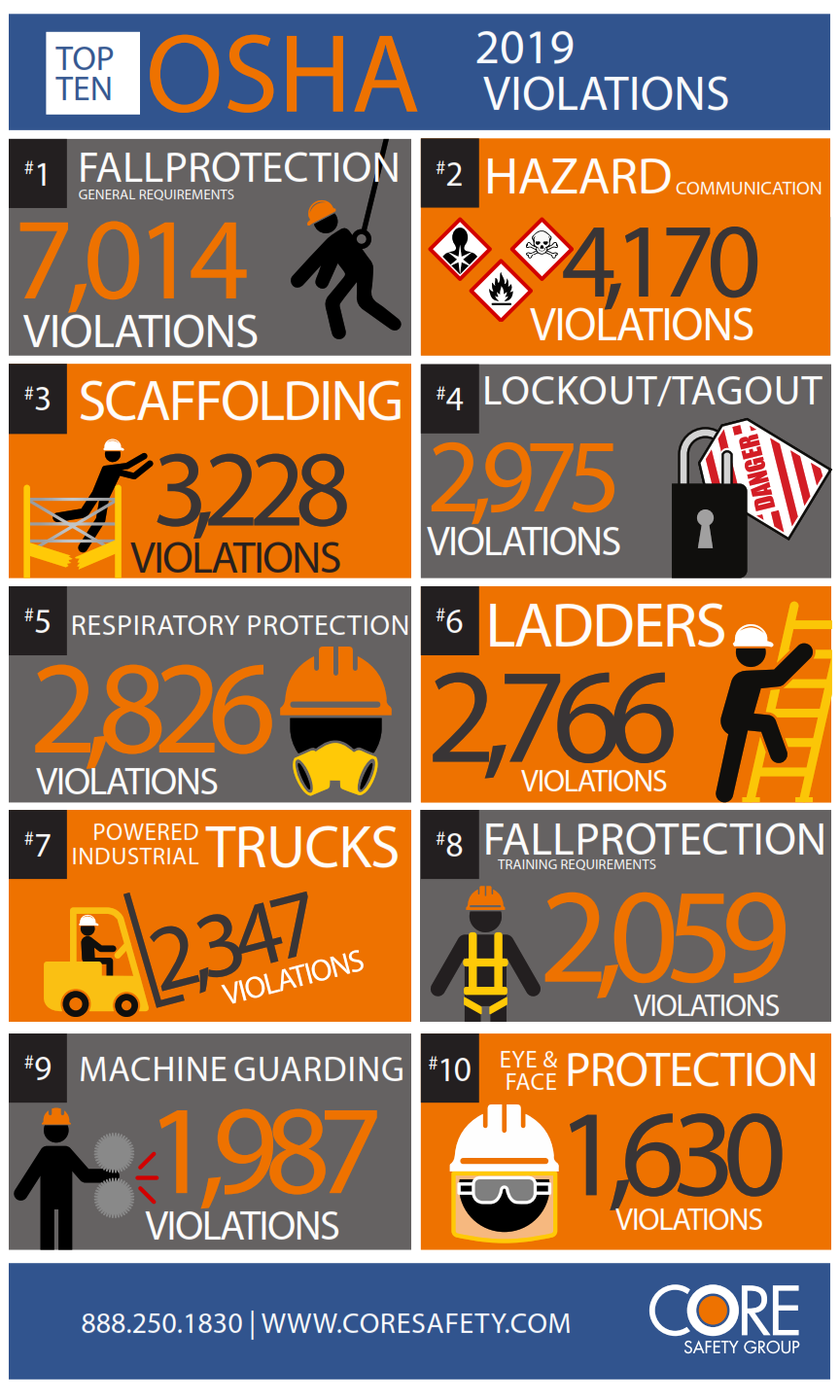OSHA Fines to Increase by 80% Effective August 2016
A recent bipartisan federal budget act signed by President Obama back in November of 2015 will increase employer OSHA fines for the first time in 25 years. The bill strikes a 1990 exemption under the Federal Civil Penalties Inflation Adjustment Act that prevented OSHA from increasing its fine amounts among employers. The new agreement will require that OSHA make fine adjustments annually in order to keep up with the rate of inflation. This includes an initial “catch-up” adjustment that will increase the current fine amounts by nearly 80% in August of 2016.
OSHA Maximum Penalty Adjustment August 2016
| Violation Type | Current Maximum Penalty | 2016 Maximum Penalty* |
| Other than Serious Violation: | $7,000 | $12,600 |
| Serious Violation: | $7,000 | $12,600 |
| Repeat Violation: | $70,000 | $126,000 |
| Willful Violation: | $70,000 | $126,000 |
The fine increase is one of many adjustments that the administration has imposed to punish so-called bad employers over the last couple of years. Weighted inspections, new reporting requirements and the agency’s authority to impose penalties and reduced “good faith” discounts are among several examples of OSHA’s efforts to increase its enforcement activities.
Employers should consider taking these steps in order to demonstrate a commitment to safety and possibly eliminate or reduce a potential OSHA citation.
- Complete an assessment of your current safety program to ensure it is up-to-date with recent changes such as the globally harmonized system (GHS) and confined space requirements (construction industry).
- Complete an audit of your workplace to ensure job hazards are identified and make immediate corrections.
- Ensure that employees have received proper training and that training is well documented. The OSHA 10 hour and OSHA 30 hour courses are great starting points for covering multiple safety topics.
- Have a program or protocols for dealing with an OSHA inspection. Many employers provide additional information to OSHA inspectors that they shouldn’t.
For more information on this article, or if you need assistance with OSHA defense or safety consulting needs, please contact us on our contact page or by calling 888-250-1830 to learn more about our nationwide safety consulting services.












